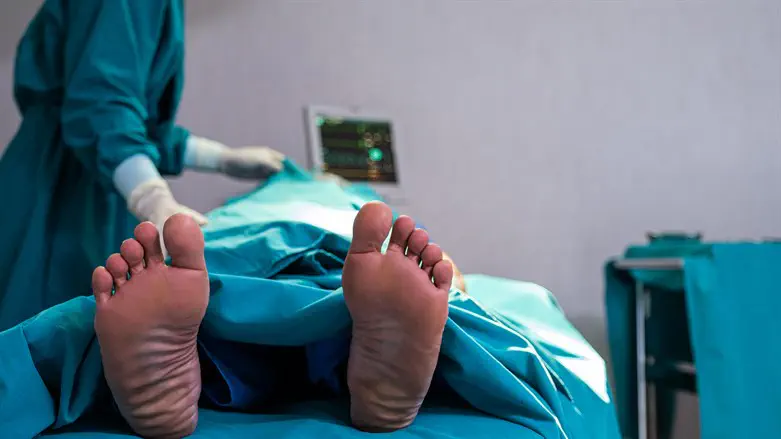
The Texas Department of State Health Services (DSHS) has confirmed the first death of a person diagnosed with monkeypox in Texas, the Department said.
According to the Department's news release, "the patient was an adult resident of Harris County who was severely immunocompromised. The case is under investigation to determine what role monkeypox played in the death."
Dr. John Hellerstedt, DSHS Commissioner, said, "Monkeypox is a serious disease, particularly for those with weakened immune systems. We continue to urge people to seek treatment if they have been exposed to monkeypox or have symptoms consistent with the disease."
DSHS urged those suffering fever, chills, swollen lymph nodes and a new, unexplained rash, to contact their health care provider, adding that, "people who are diagnosed with monkeypox should stay home and avoid close contact with others until the rash has fully resolved, the scabs have fallen off and a fresh layer of intact skin has formed."
At the same time, DSHS reassured that, "For most people, infection with monkeypox is painful but not life threatening."
Monkeypox is a preventable disease which spreads through close contact with an infected individual. Initially it was believed that skin-to-skin contact was driving the outbreak, but later, doctors began to understand that intimate relations between men were behind the spread.
Meanwhile, DSHS recommends avoiding close, skin-to-skin contact with someone with a new, unexplained rash, and avoiding close, skin-to-skin contact in large crowds where people are wearing minimal clothing, such as nightclubs, festivals, raves, saunas, and bathhouses. It also recommends that individuals not share cups, utensils, bedding or towels with someone who is sick, and that those who are sick remain at home.
"People who have been exposed to a known case of monkeypox are eligible to be vaccinated against the disease," DSHS noted. "Some people at high risk of infection may also be eligible for vaccination. Health care providers with patients at high risk of severe illness should work with their local health department to facilitate administration of the JYNNEOS vaccine and treatment with the antiviral medication TPOXX."
